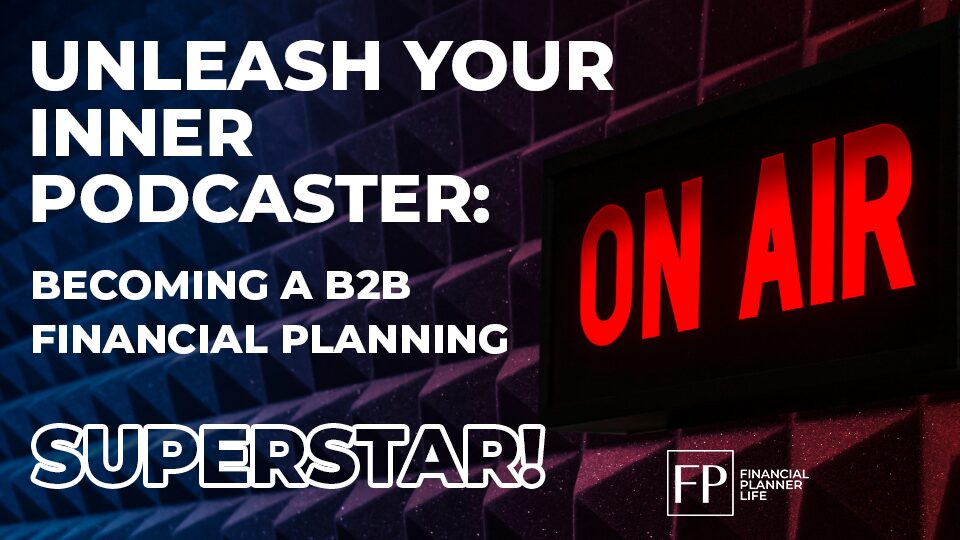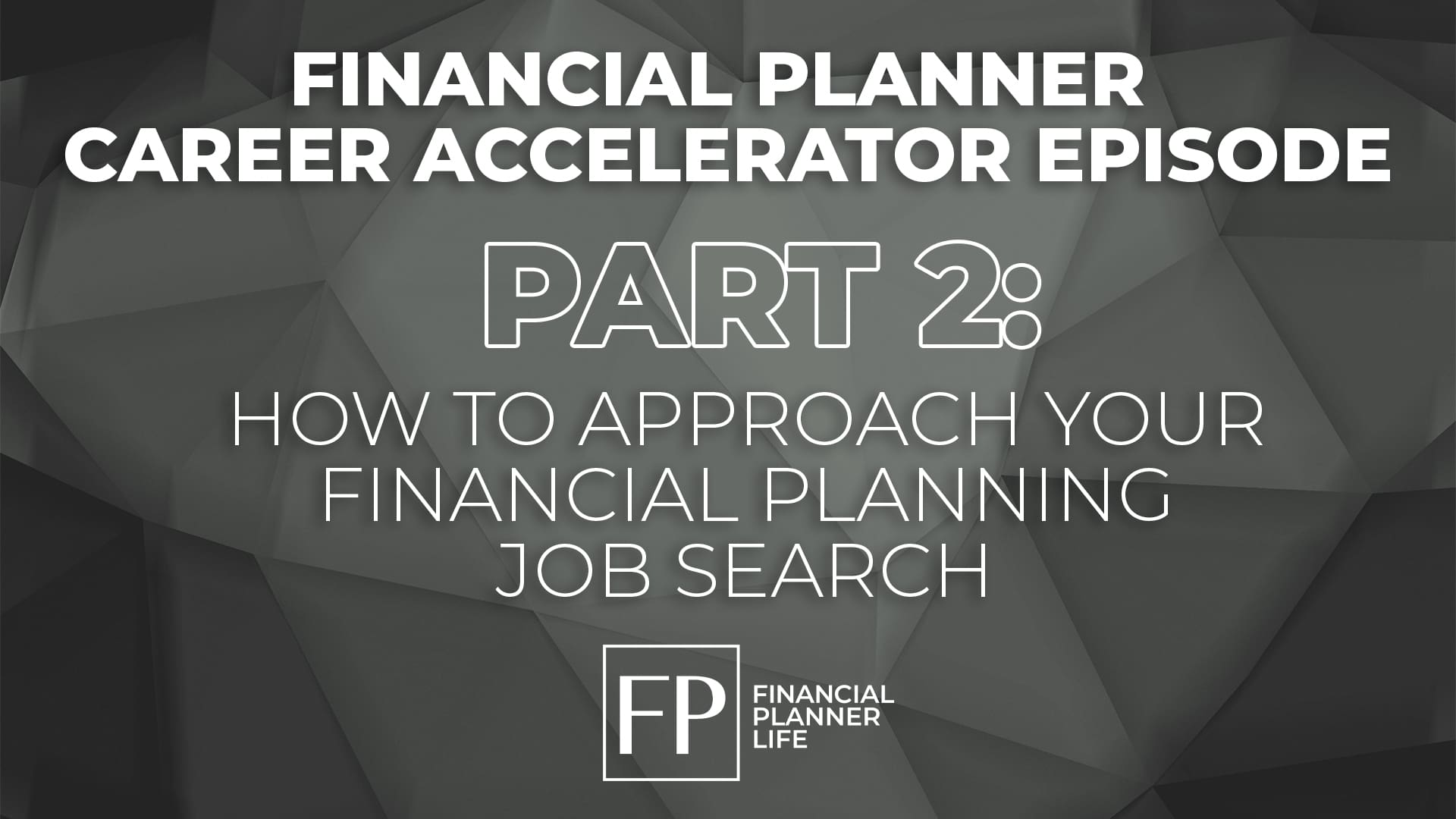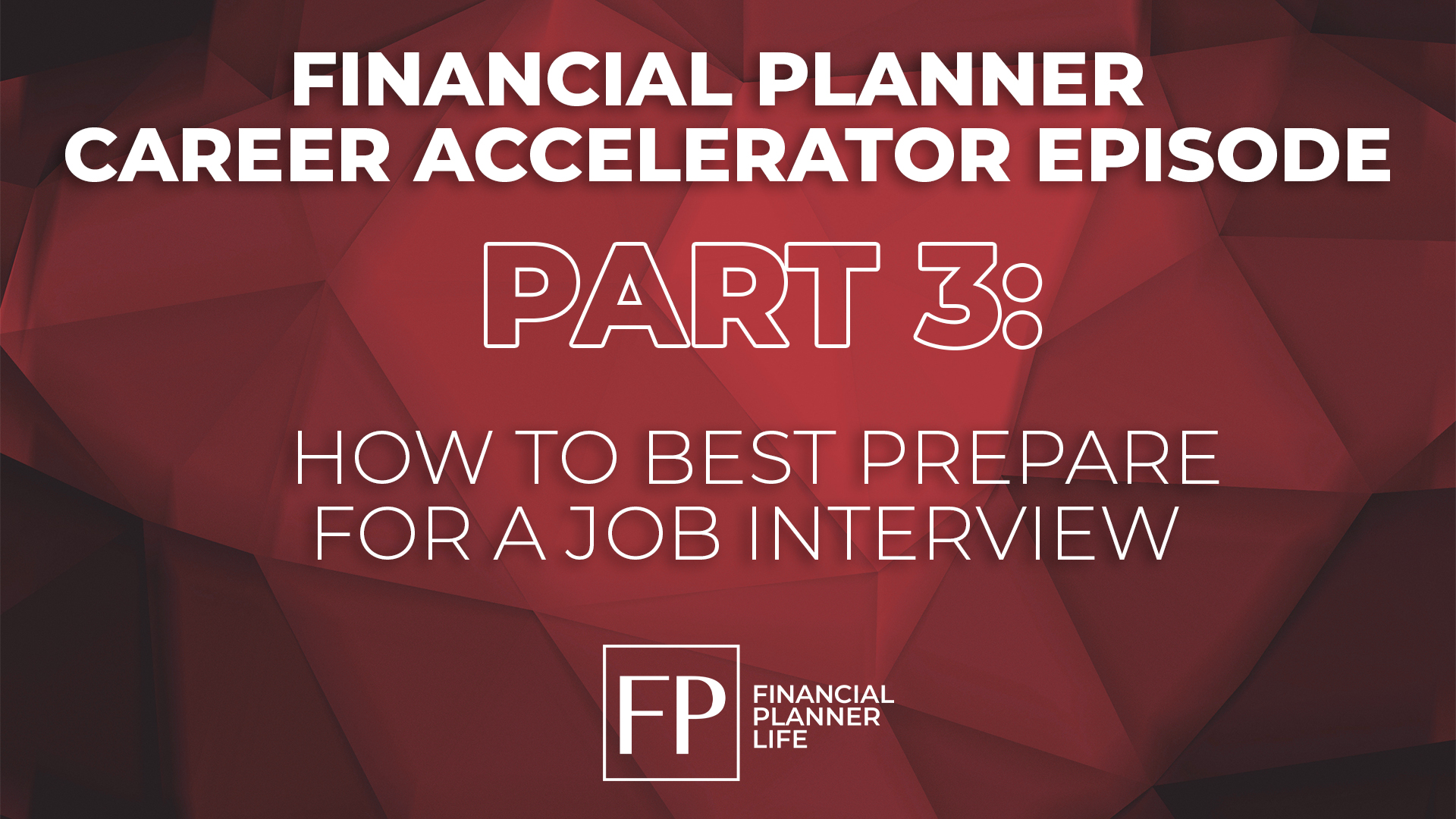Loyal as you may be to your financial advice firm, nothing lasts forever. Perhaps you find yourself ready to start a new chapter in your career.
Maybe you don’t feel as if you are getting the chance to write enough business in your current role, or perhaps you are craving the freedom that comes with being your own boss. Whatever your reasons for wanting to become a self- -employed financial adviser, it’s important to act wisely.
You’ve invested a lot of yourself into your current firm, growing your client list whilst at the same time building your own career – and when it comes to becoming self-employed, starting over from scratch and building a client base from nothing can be a challenge. But what are the rules about taking your client base with you?
Read on to find out to what it takes to become a self-employed financial advisor…
No one owns clients
First of all, remember that no business “owns” its clients or customers. People are free to use whichever service providers or companies they like and in every situation, the client’s best interests should come first. This means the strength of your relationships with your clients is invaluable. If you have strong, successful and long-lasting relationships with them, the chances are that your clients will follow you wherever you go. If you don’t have a strong enough rapport with your clients yet, it might be worth investing some more time on developing those relationships before making the leap to self-employed financial advice.
Don’t let emotion take over
After working at a firm for a number of years, it’s only natural to feel emotional – but it’s important to never let emotion take over. First of all, you need to make sure you are leaving your current firm for the right reasons. Your departure needs to be strategically thought-out in advance if it is to go smoothly, so don’t make any rash decisions to leave without a clear plan in place. By putting together a plan and not letting your heart rule your head, you will be much more in control and your resignation will go much more smoothly.
Check your contract and always act honourably
Whilst it’s true that contracts are getting tighter as companies do more to protect themselves, it’s still worth checking your contract as not all contracts will have covenants in place. You will most likely be bound by confidentiality agreements and restrictions designed to make sure you don’t damage your existing firm too badly when you leave. No matter how tempting it might be to breach these, don’t. Financial advice is an industry built on trust and word of mouth – so it’s important to act honourably at all times.
Your reputation is everything, and people will respect and trust you more for acting honourably rather than being underhand and going against your word. So if you want people to talk about you for the right reasons and for your clients to follow you, it’s important to behave respectfully.
Notifying your clients
Next up, you need to tell your clients you are leaving. There are a couple of ways to handle this – either you and your firm can notify your clients together, or you can agree on individual statements to send out.
Larger firms sometimes make announcements in trade publications, however, sharing the news on social media platforms such as Facebook and LinkedIn is a great way to ensure that all of your connections will be able to see it (so make sure you are connected with all of your clients!). You could even sponsor a post on LinkedIn to ensure the news reaches people far and wide. Another option is to send out an email notifying your client that you are leaving and that should they wish to contact you they can do so via your new firm.
There are a few rules to follow though: make sure you’re fair to both parties, don’t go into unnecessary detail – and above all, do not directly solicit business.
The question of direct contact
The issue of directly contacting clients is always tricky. Whilst there’s no guarantee that your firm will tolerate any solicitation of business, there are a few guidelines that can help ensure things remain pleasant. Firstly, limit your solicitations to clients who you are the exclusive contact of.
If you believe that you and your relationship is the reason the client is with that company and you have a strong bond, it’s worth contacting them personally – however, if they’re playing golf with your boss every week, you are not their sole contact and you should avoid reaching out to them directly.
Secondly, it’s important to classify your clients and their potential worth: by predicting the value of those you want to take with you, you can reduce the risk. Always wait until after you’ve left your firm before sending any correspondence with your new contact information and don’t offer any special discounts or deals to try and get them on board – if they are going to come with you, it will be because of your relationship with them, not because of any shiny deals or special offers.
Finally, remember, you should never remove any client files, documents or other specific information from a firm when you leave. Even if your clients say they will follow you, taking data is a criminal act and companies have the ability to check when their data is being downloaded.
Address their concerns
If your clients do decide to come with you when you become a self-employed financial adviser, you’ll also need to address their concerns. They’ll want to know how your move is going to affect them directly, from price and how your fees will change to what will happen to their existing files. How will you make sure everything is secure? How will you ensure your service is as smooth and uninterrupted as possible? There’s a lot of red tape involved with leaving a firm and starting up on your own, so it’s important to reassure your clients every step of the way.
Be realistic in your expectations
Even if some of your clients do decide to come with you when you start your own financial advisory firm, growing a business from scratch takes time, so it’s important to be realistic in your expectations. Not everyone is going to come with you. Some clients will want to stay with your old firm, some will be forced to stay, and some will say they will come with you but ultimately decide to stay where they are.
Rome wasn’t built in a day and even if some of your clients do decide to come with you, they probably won’t come straight away. The process of transitioning clients takes time so it’s important to be patient.
Create a business plan
If you’re planning on leaving your firm and becoming a self-employed financial adviser, you need a strong business plan with clear goals and metrics for measuring your success. You need to know exactly where your clients will be coming from so you can be prepared. Do you expect to win clients from referrals? Do you have a marketing strategy? Or are you planning to join a company that has the potential to pass leads on to you?
You can’t rely on recurring income, so it’s absolutely essential that you have a solid plan in place. For example, you could choose to work with a recruitment agency to partner with a wider network and negotiate a smoothing income to help cover the first three to six months; they are plenty of options available, so make sure you choose the right one for you!
Want to find out more?
At Recruit UK, many of us are ex-financial services professionals ourselves, which means we know the industry inside out and back to front. If you want to become a self-employed financial adviser, we can provide real, helpful advice so you can take the next step in your career and get to where you want to be. Want to find out more? If you’re ready to maximise your potential, contact Recruit UK today.












